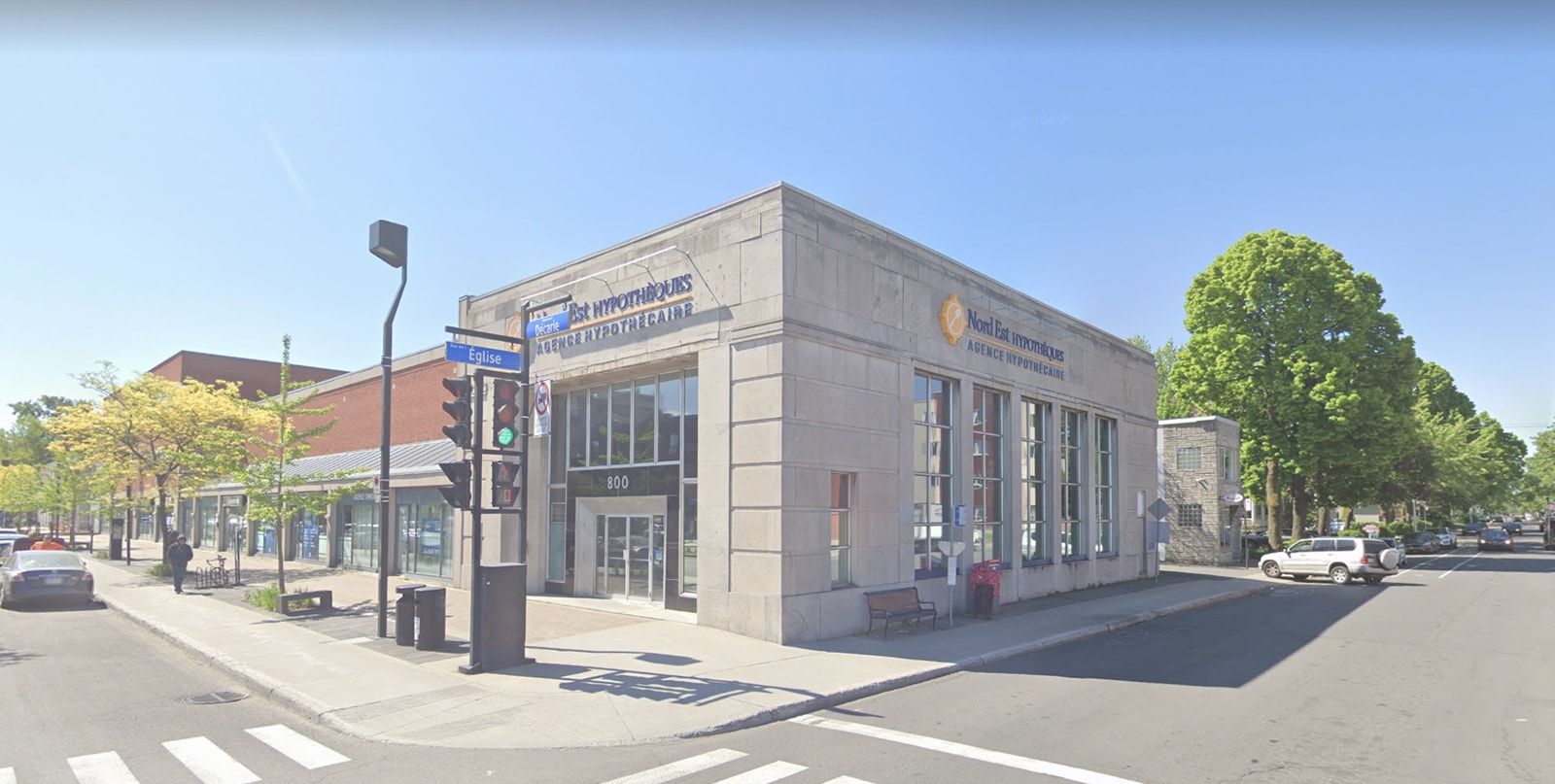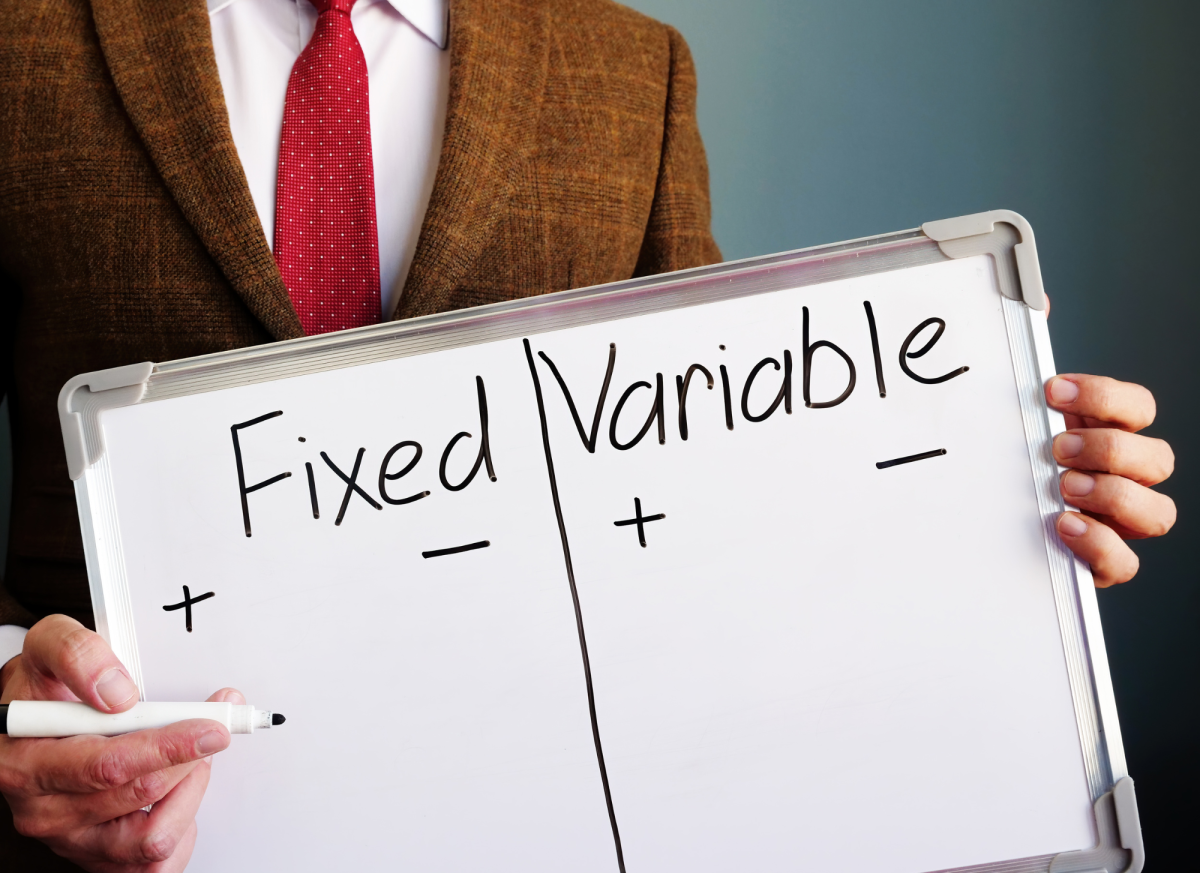In the ever-evolving landscape of the mortgage industry, choosing between a fixed and variable mortgage has become a critical decision for homeowners and potential buyers alike. Currently, we find ourselves in a period of considerable flux, with interest rates displaying unprecedented volatility. This instability has led to variable rate mortgages sitting significantly higher than their fixed-rate counterparts, a scenario that challenges conventional wisdom and financial planning strategies. However, industry analysts predict a shift in the coming months, suggesting a potential realignment of rates that could redefine the attractiveness of variable rate mortgages.
In this post we will look into the pros and cons of fixed versus variable mortgages, offering clarity and guidance in these uncertain times. As we navigate through this period of fluctuation, understanding the nuances of each mortgage type becomes not just beneficial but essential for making informed decisions that align with personal financial goals and the broader economic outlook. Join us as we explore the intricacies of mortgage selection, aiming to demystify the process and empower you with the knowledge to choose confidently.
Understanding Fixed Mortgages
Understanding the nuances of fixed mortgages is pivotal for homeowners who prioritize stability and predictability in their financial planning. A fixed mortgage locks in your interest rate for the entire term, which can range from a few years to a couple of decades, ensuring that your monthly payments remain unchanged regardless of fluctuations in the market interest rates. This consistency is the cornerstone of financial security for many, as it allows for precise budgeting and eliminates the worry of increasing rates affecting your monthly obligations.
However, this security comes at a cost. Fixed-rate mortgages often start with a slightly higher interest rate compared to variable rates available at the inception of the loan term. This premium is essentially the price paid for the peace of mind that comes with knowing your rates won’t surge unexpectedly. For those who value certainty, especially in an environment where rates are in a state of flux, this cost is often deemed a worthwhile investment.
The simplicity of fixed mortgages also cannot be overstated. They offer a straightforward financial product that is easy to understand, making them an attractive option for first-time homebuyers or those who prefer not to closely monitor interest rate trends. However, the trade-off for this simplicity and security is less flexibility. Breaking a fixed mortgage agreement can lead to significant penalties, much higher than those associated with variable-rate mortgages, which is a crucial factor to consider for anyone who might move or refinance before their term is up.
Pros:
- Stability and Predictability: Fixed mortgages offer the comfort of knowing exactly what your payments will be for the duration of the term, which is great for budgeting and financial planning.
- Less Risk: They protect you from interest rate increases, which can be particularly appealing during periods of low-interest rates when the only direction rates seem to go is up.
- Simplicity: Easier to understand for most homeowners, making them a popular choice for first-time buyers.
Cons:
- Higher Rates: Fixed-rate mortgages typically come with higher interest rates than variable options at the start of the mortgage term.
- Less Flexibility: Breaking a fixed mortgage can result in higher penalties than with variable mortgages.
- Miss Out on Rate Drops: If interest rates decrease, you’re stuck paying the higher fixed rate.
Understanding Variable Mortgages
Variable mortgages present an attractive option for those who are looking to capitalize on lower initial interest rates and are comfortable with a certain level of risk. Unlike fixed mortgages, the interest rates on variable mortgages fluctuate with the market’s prime rate, meaning your monthly payments can vary over the term of your mortgage. This inherent uncertainty is a double-edged sword: while there’s the potential for interest rates—and consequently, your payments—to decrease, there’s also the risk of them increasing.
The initial appeal of variable mortgages often lies in their lower start rates compared to fixed rates, offering immediate monthly savings. This can be particularly advantageous in a stable or declining interest rate environment, where borrowers can pay less interest over time and potentially pay off their mortgage faster. However, the current state of fluctuation, with variable rates sitting higher than fixed but anticipated to shift, requires a keen eye on market trends and a readiness to adapt to changing financial landscapes.
Flexibility is another significant benefit of variable mortgages. They typically come with lower penalties for breaking the mortgage contract, offering an attractive option for those who foresee changes in their financial situation or who plan to sell their property before the end of their mortgage term. However, this flexibility requires a degree of financial acumen and discipline; homeowners must be prepared for the possibility of rate increases and ensure they have the financial buffer to accommodate higher payments. This level of uncertainty demands a proactive approach to personal finance, making variable mortgages best suited for those who are financially savvy and risk-tolerant.
Pros:
- Lower Rates Initially: Variable mortgages often start with lower interest rates than fixed mortgages, potentially saving you money.
- Potential for Rate Decreases: If interest rates go down, so do your payments, or more of your payment goes towards the principal.
- Flexibility: Typically come with lower penalties for breaking the mortgage than fixed-rate mortgages.
Cons:
- Uncertainty and Risk: Your interest rate can increase, leading to higher monthly payments which can impact budgeting and financial planning.
- Complexity: Requires a better understanding of the market and interest rate trends, which might not be suitable for all homeowners.
- Financial Stress: Potential for increasing rates can cause stress for those on a tight budget.
Making the Right Choice
Making the right choice between a fixed and variable mortgage extends beyond merely comparing current interest rates; it involves a comprehensive evaluation of your financial situation, risk tolerance, and long-term goals. In times of economic uncertainty, with interest rates in a state of flux and predictions of shifts in the near future, this decision becomes even more critical.
For individuals with a low tolerance for risk or those on a fixed income, a fixed-rate mortgage may offer the peace of mind necessary for long-term financial planning. The stability of knowing exactly what your payments will be month-to-month can help in managing a tight budget without worrying about potential rate increases. This predictability is invaluable for those who prioritize security over potential savings.
Conversely, those with a higher risk tolerance and a flexible financial situation might find a variable mortgage more appealing. The possibility of benefiting from lower interest rates—as the market fluctuates—can lead to significant savings over time. However, this choice requires a readiness to adapt to potentially higher payments should interest rates rise. It’s a gamble that can pay off, provided you’re financially prepared for all outcomes.
Consulting with a mortgage broker can provide personalized insights based on your financial health and future objectives. They can offer a balanced perspective on how market trends might impact your decision and help you understand the nuances of each mortgage type. Ultimately, the right choice aligns with your financial stability, lifestyle, and peace of mind, ensuring that your mortgage supports your long-term homeownership journey in a way that feels right for you.



